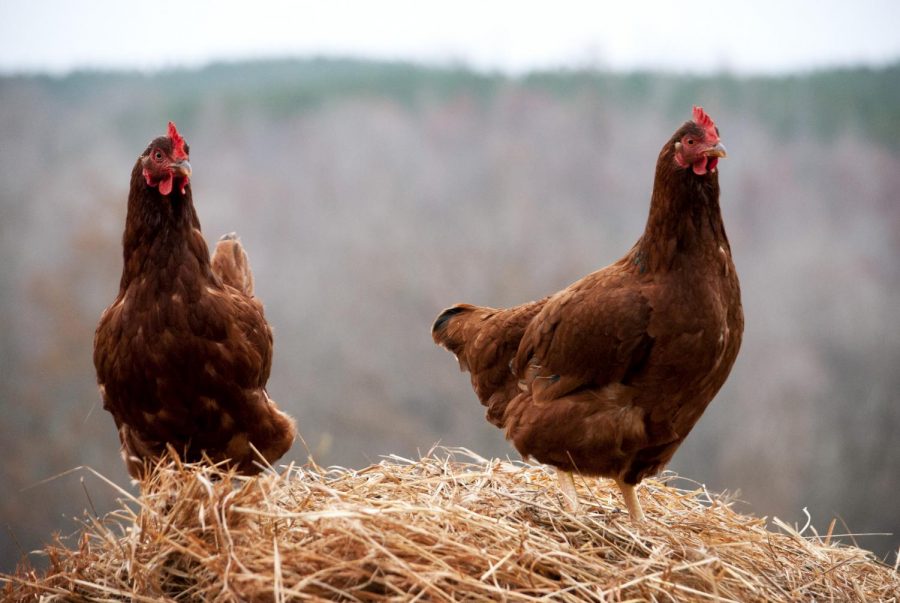Chicken litter blankets Shoals area with sharp, pungent odor
November 21, 2013
Many a nose may have crinkled in disgust to the sharp aroma that filled the air last week in Florence.
The widespread odor was probably caused by the spreading of chicken litter on local farms, said Outside Sales Manager Ronnie Behel of the Lauderdale County Co-op.
“Yeah, it’s a source of fertilizer,” Behel said. “But, we don’t like farmers using it. It hurts our business.”
Junior Brandon Pennington described the smell on campus as pungent.
“Back home, I live next door to several thousand chickens,” he said. “It can get smelly outside — especially during the summer.”
The spreading of chicken litter is common this time of year. It has enriching components that keep pastures healthy, said Extension Economist in Farm Business Management William Hardin.
“Chicken litter is a type of fertilizer that is commonly used by farmers to nourish pastures as well as corn and cotton crops,” he said. “This fertilizer is high in phosphorus and nitrogen — two things needed in keeping crops healthy.”
The deceased chickens are kept in what is called a dry stack, a containment facility, until the litter is set to spread, Hardin said.
“When a chicken dies, the farmer will put it in the dry stack and cover it until it disseminates,” he said. “Chicken litter consists of three things: wood chips, decomposed chickens and chicken feces.”
Although the odor went away after a couple days, it was hard to stand while it was around, said junior Tiffany Avery.
“I honestly thought the construction going on around campus hit a sewage line causing campus to smell like that,” she said. “It was that bad.”
The process of spreading chicken litter is enriching for crops but could potentially endanger humans, said Assistant Professor of Biology Lisa Blankinship.
“Fecal material has been used to fertilize crops for centuries,” she said. “It depends on what farmers put in the chicken feed such as antimicrobials and antibiotics as to whether or not it could be dangerous. What comes out of the birds as antibiotic resistance is transferred through soil, air and particularly water.”
Antibiotics may not be around for too much longer, Blankinship said.
“The antibiotics transferred from the chickens through soil and air could increase our antibiotic resistance,” she said. “We’re looking at maybe 30 to 35 years left of antibiotics.”
Only animal feeding and animal-concentrated facilities are allowed to spread the litter, said Richard Hulther, an official from the Alabama Department of Environmental Management.
“There are no restrictions based on the time farmers can do it,” he said. “As long as they do it in a safe manner as to not contaminate the water contents, it is OK to spread it.”












